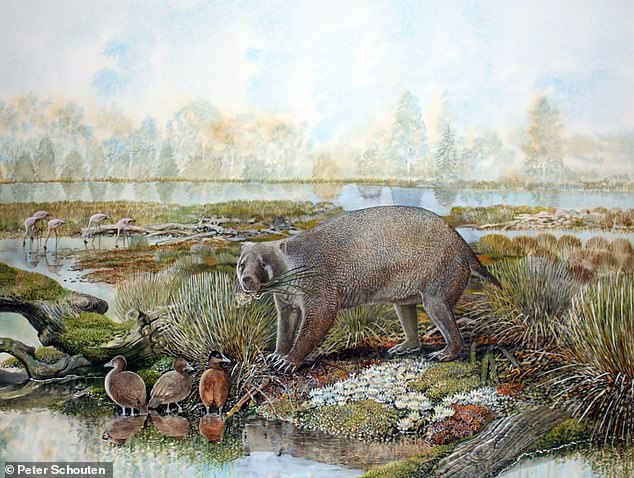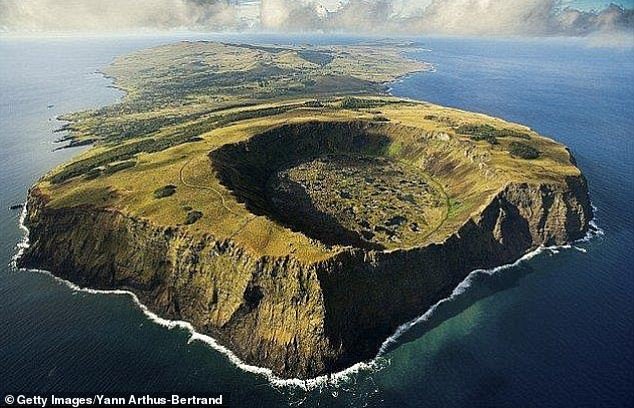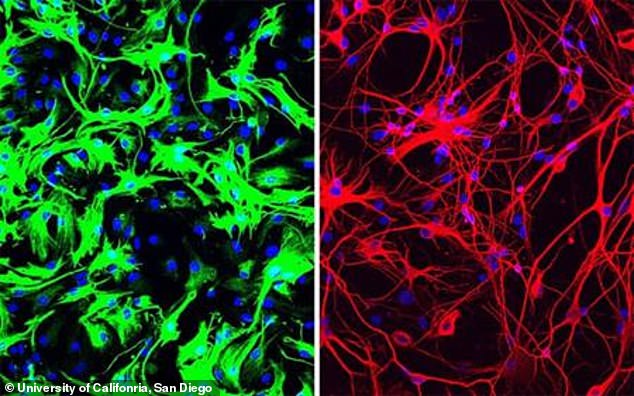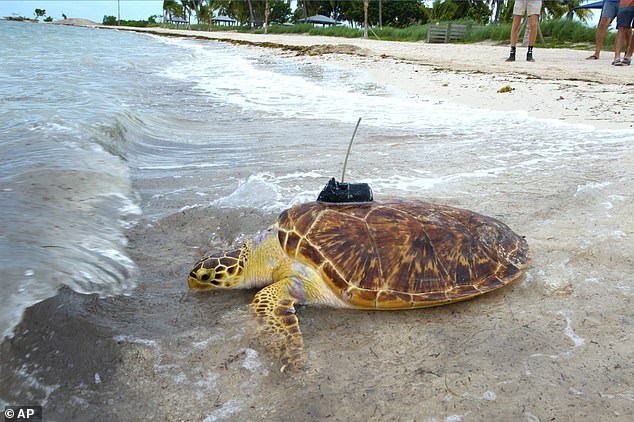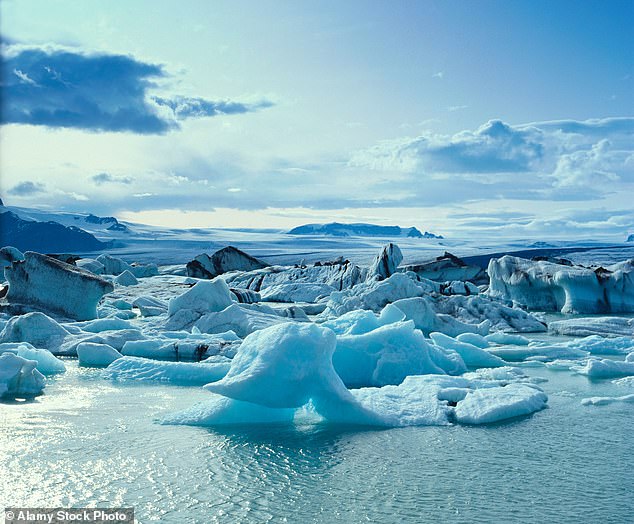‘Gentle giant’: Scientists announce new species of ancient Aussie marsupial
Scientists have revealed details of a wombat-like marsupial as big as a bear that roamed prehistoric Australia 25 million years ago. The ancient marsupial, named Mukupirna nambensis, is one of the oldest Australian marsupials discovered so far and one of the best preserved to date. The creature’s body mass is estimated to have been between 143 to … Read more
